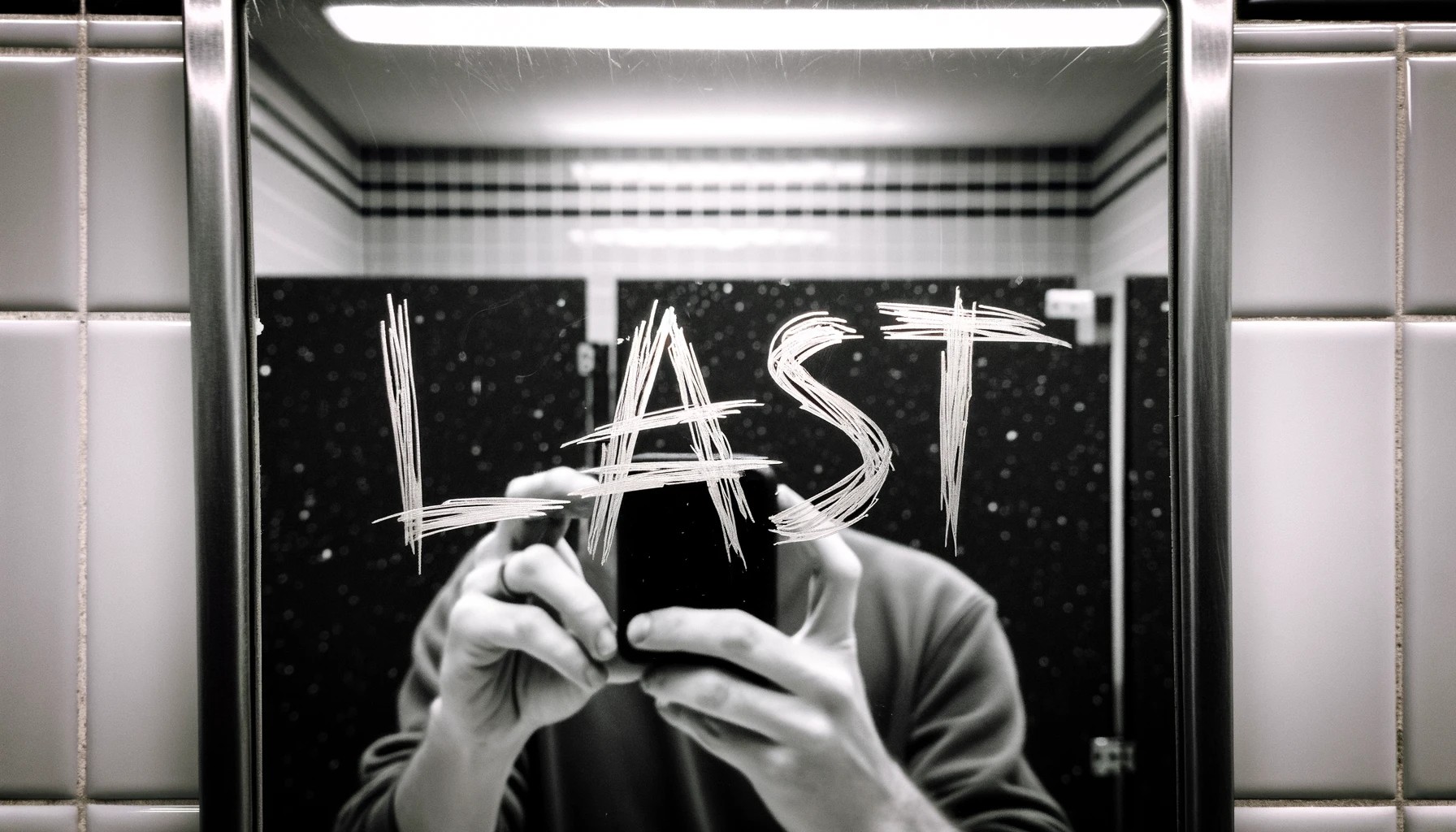

Sure, but Blue No Matter Who started during the 2016 Democratic primary between Hillary Clinton and Bernie Sanders supporters. It encourages Democrats to come together and support the nominee in the general election, no matter who they backed in the primary. I use it to highlight the importance of coming together to stand against Republicans.




Hey, I get that writing in your dog might seem funny, but this election is way too important for that. If people don’t take voting seriously, it increases the chances of someone like Trump winning again in 2024. And with things like Project 2025 on the horizon, which aims to reshape the government in ways that could really hurt a lot of people, every vote really does count. We need to stick together and vote wisely if we want to avoid some serious consequences.